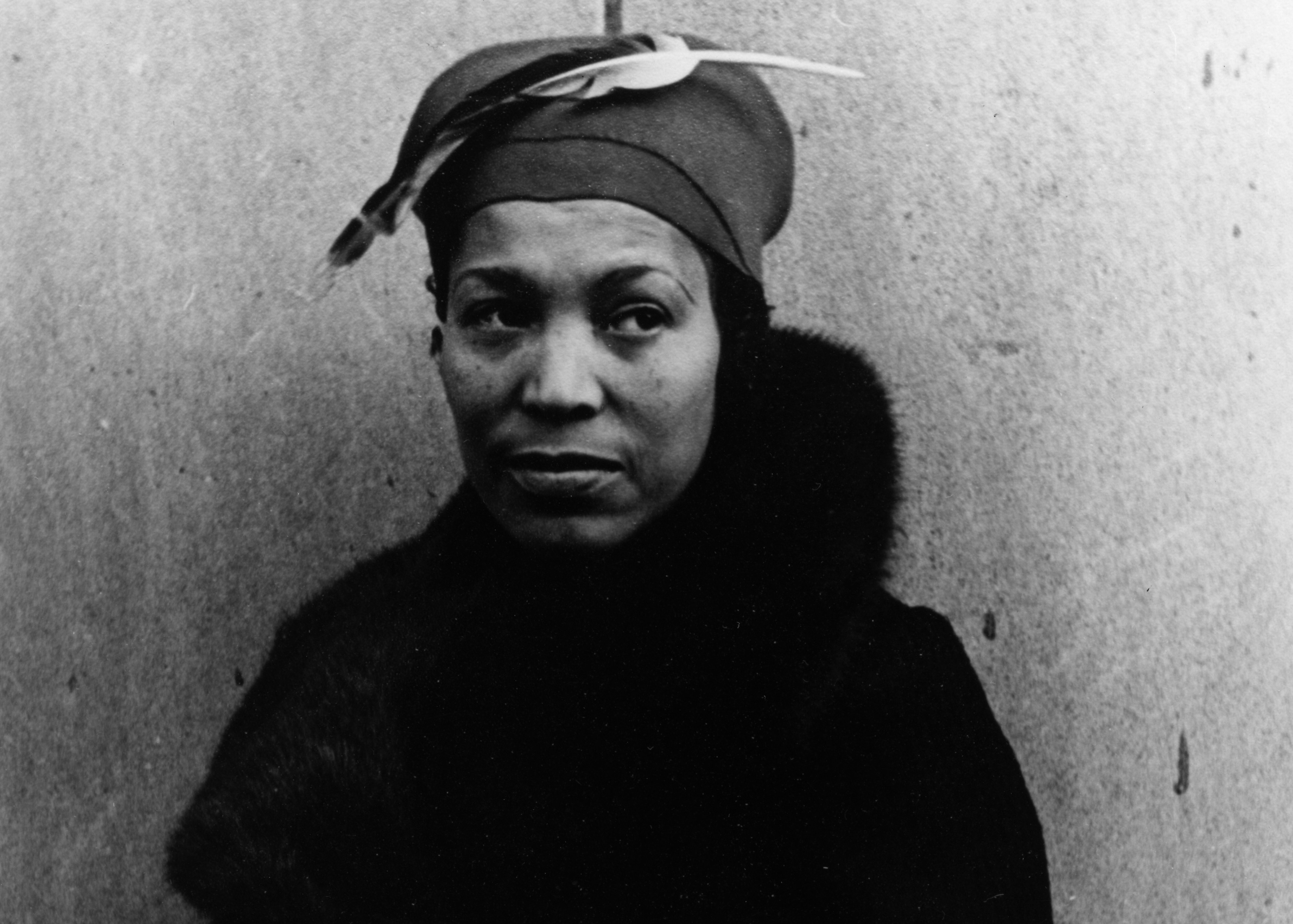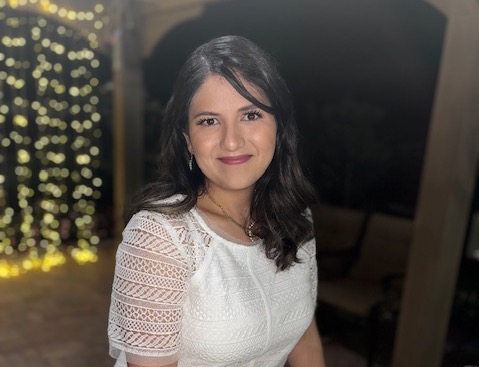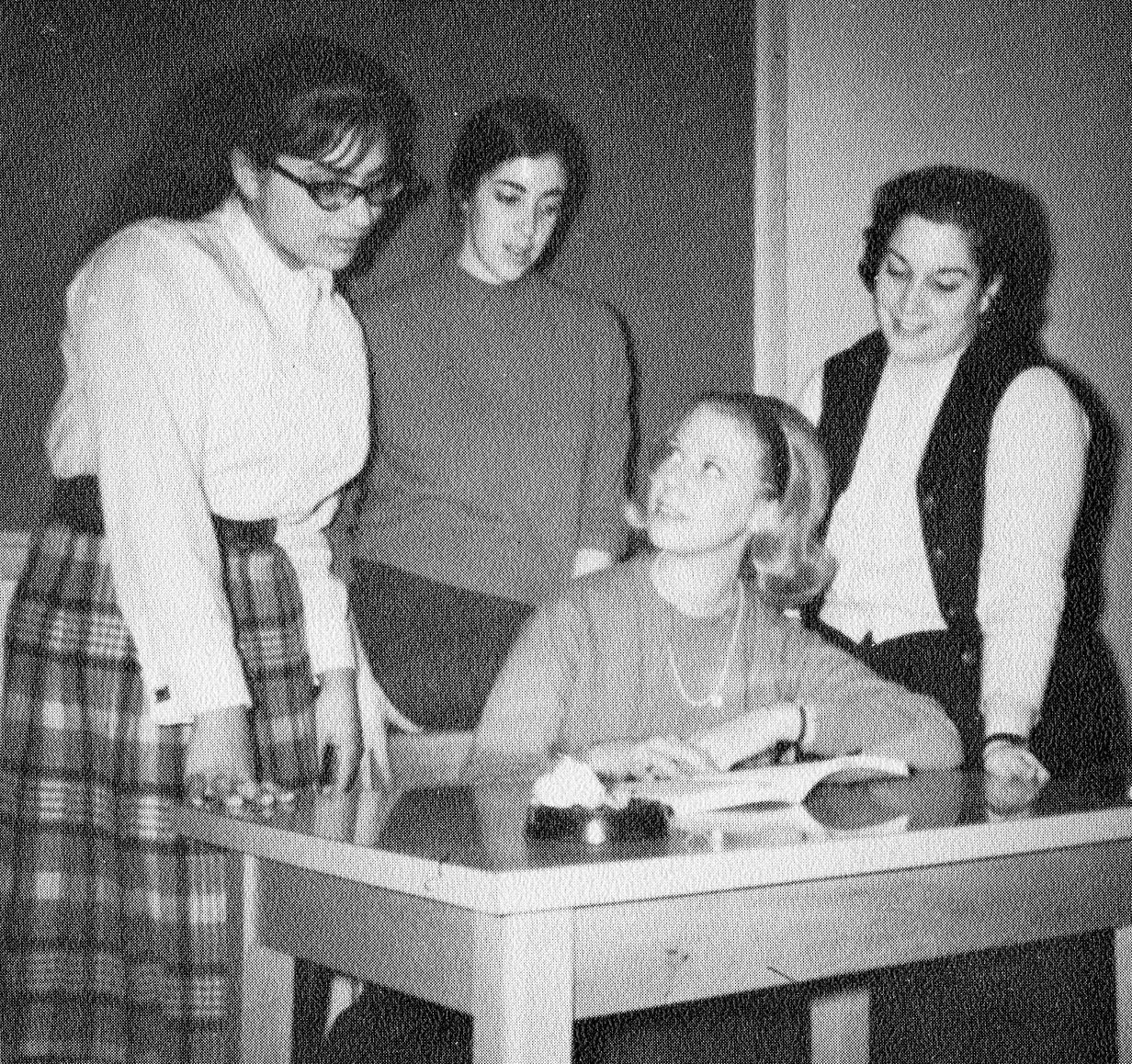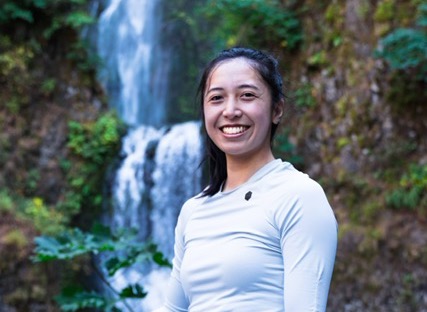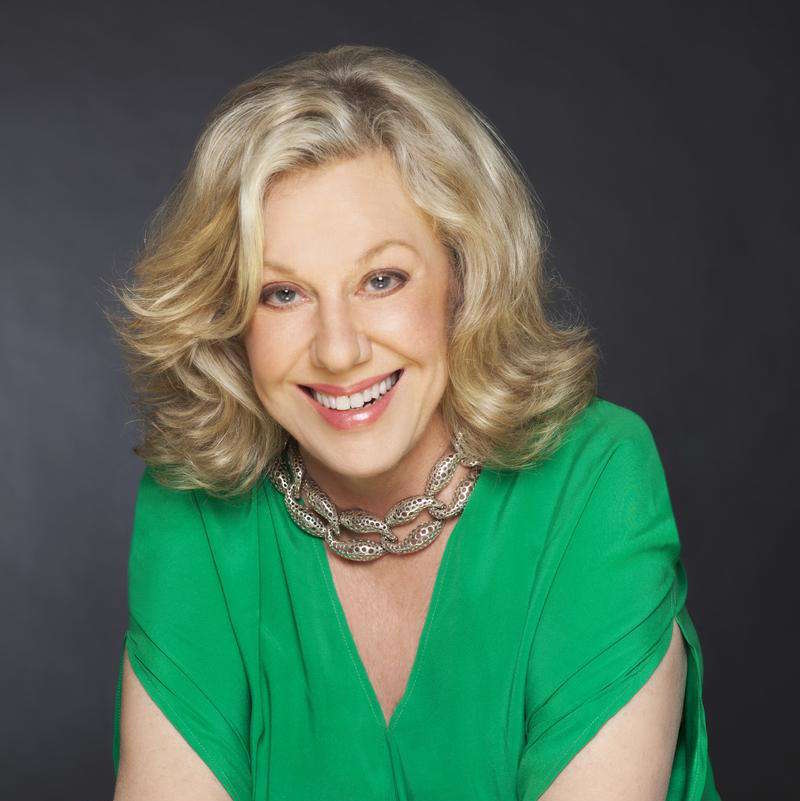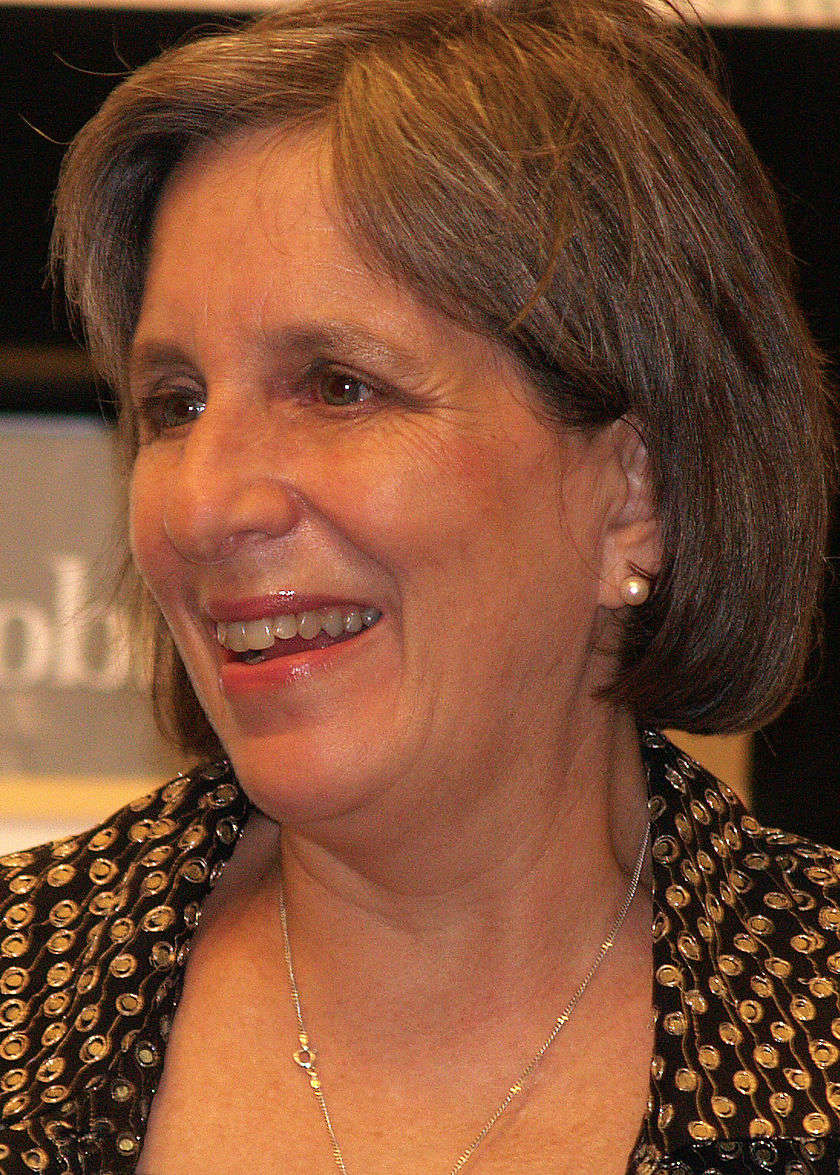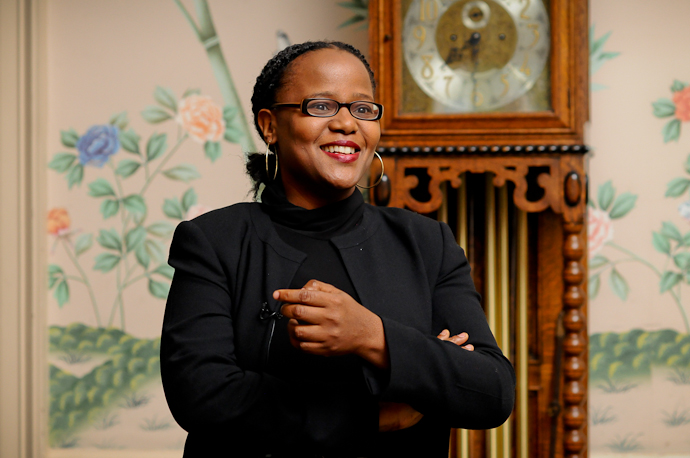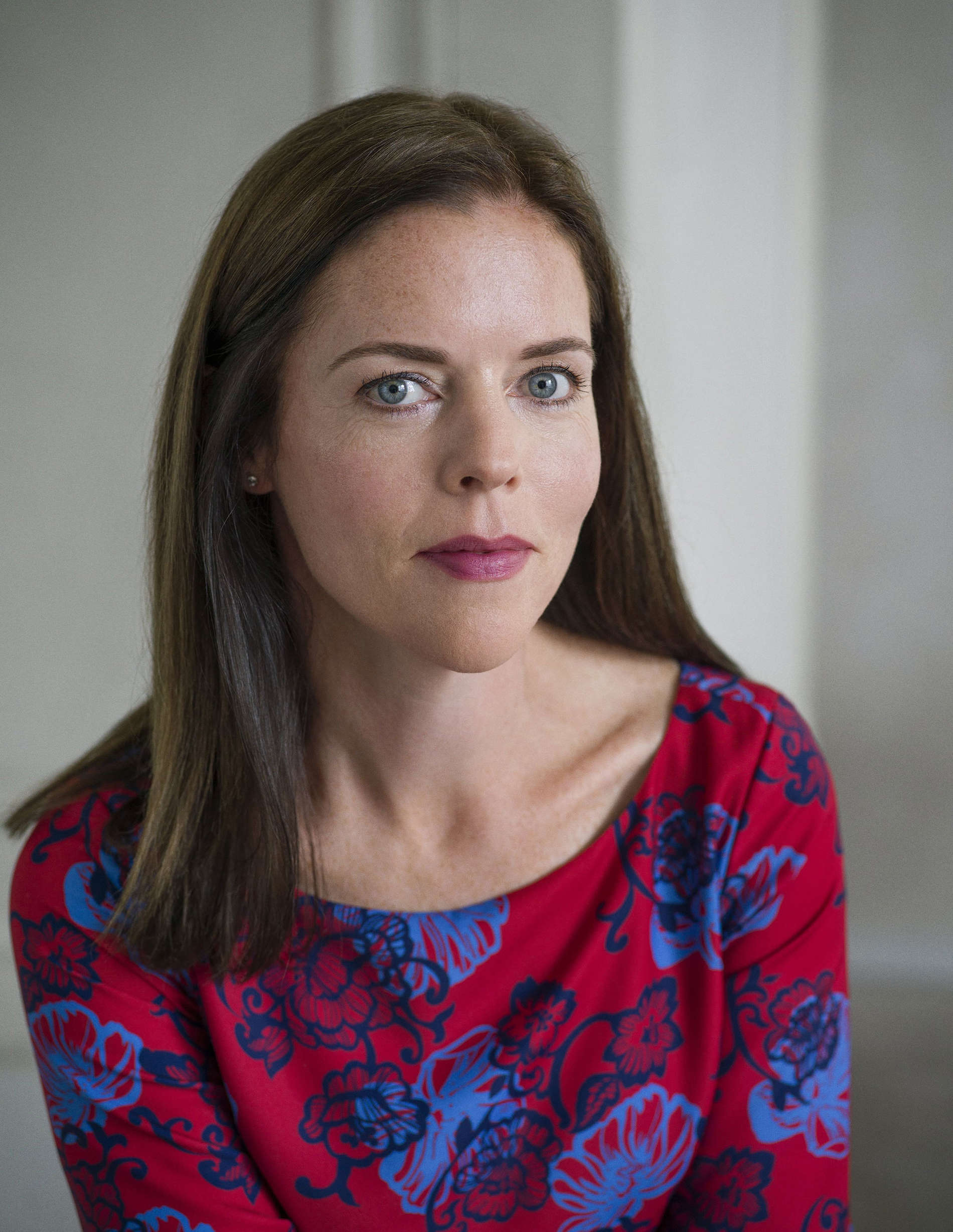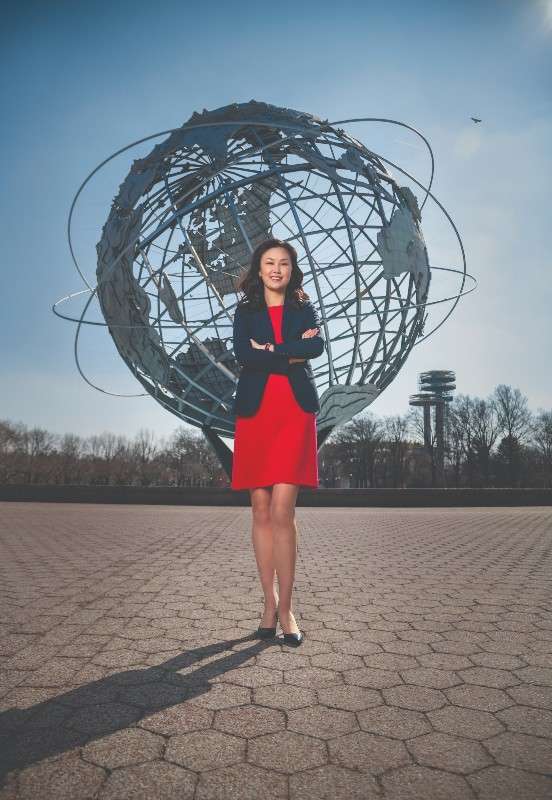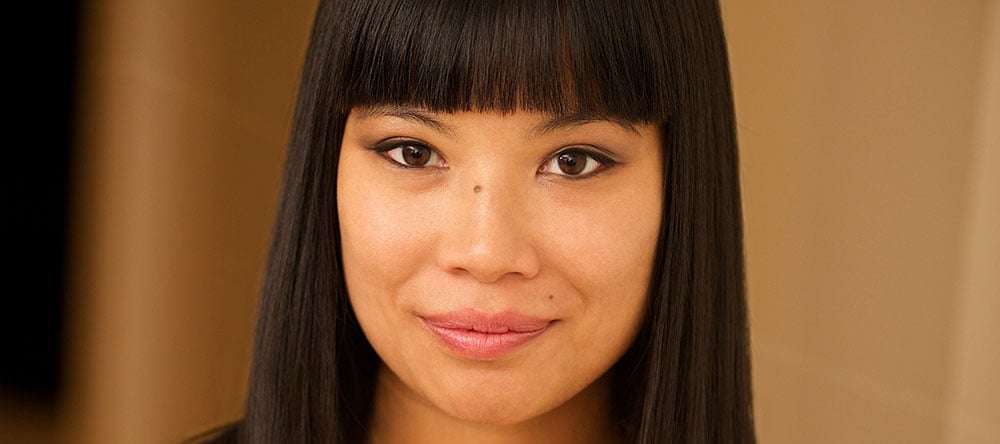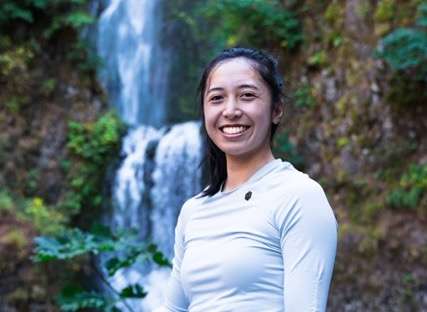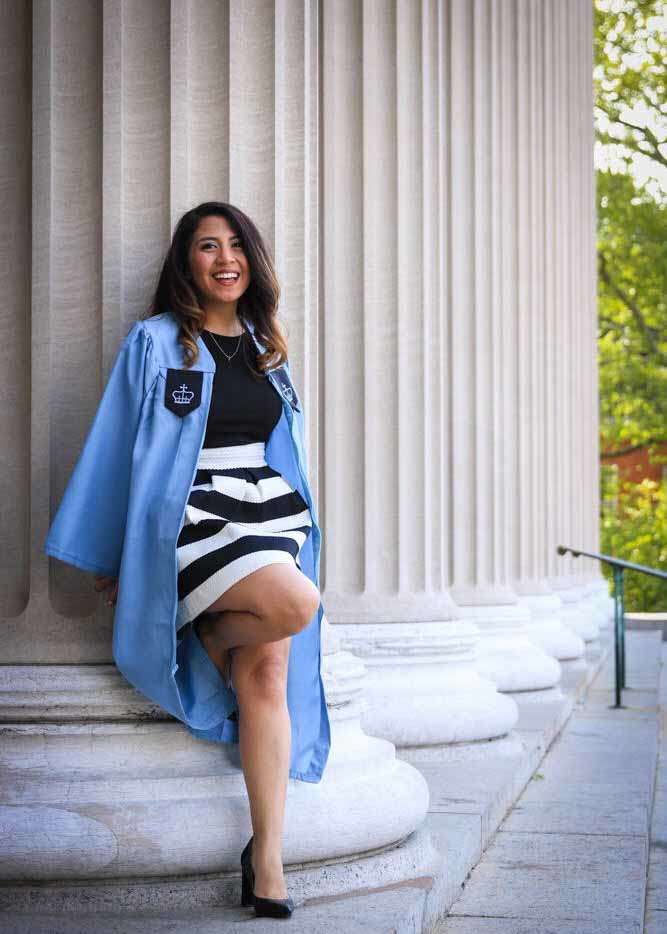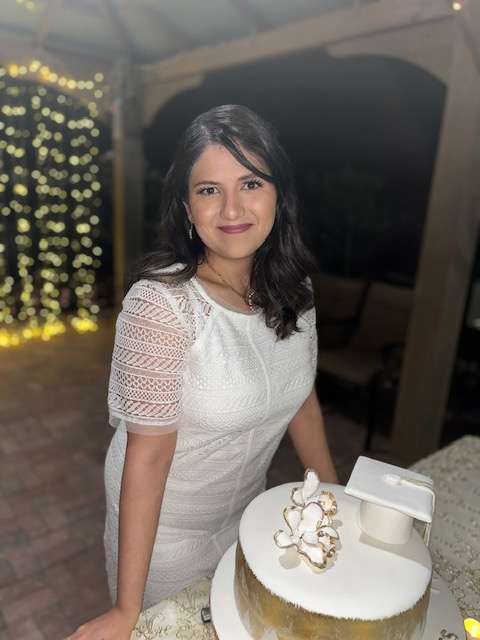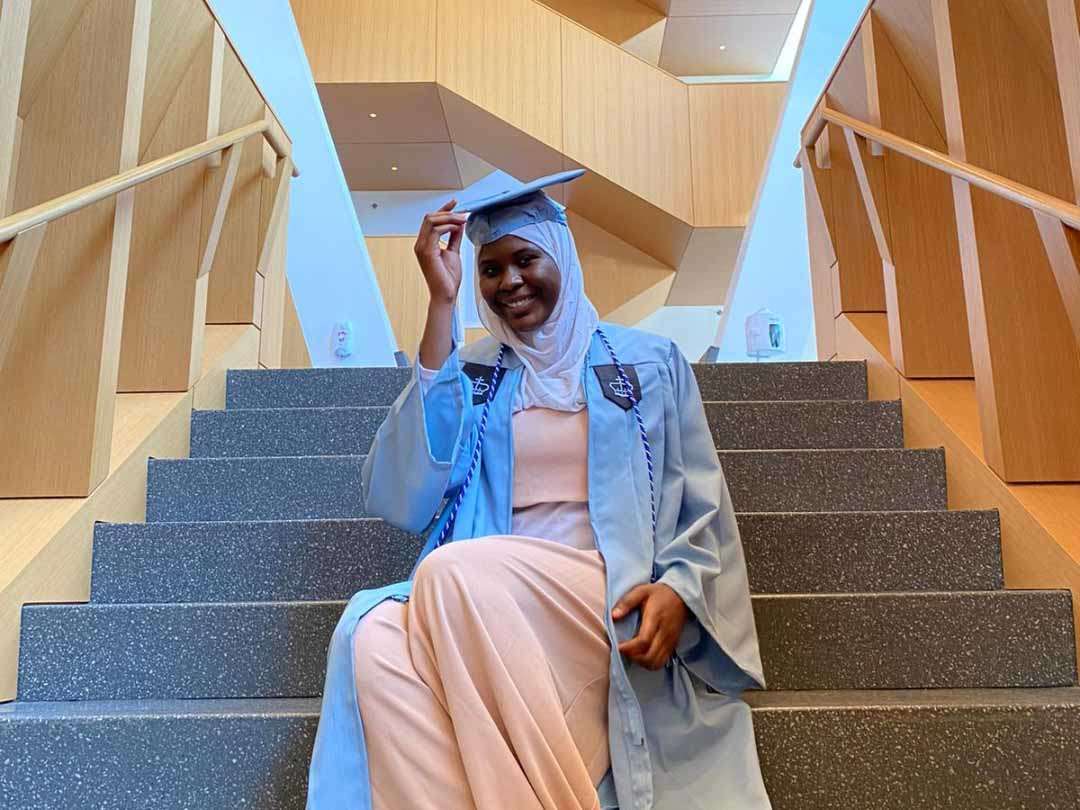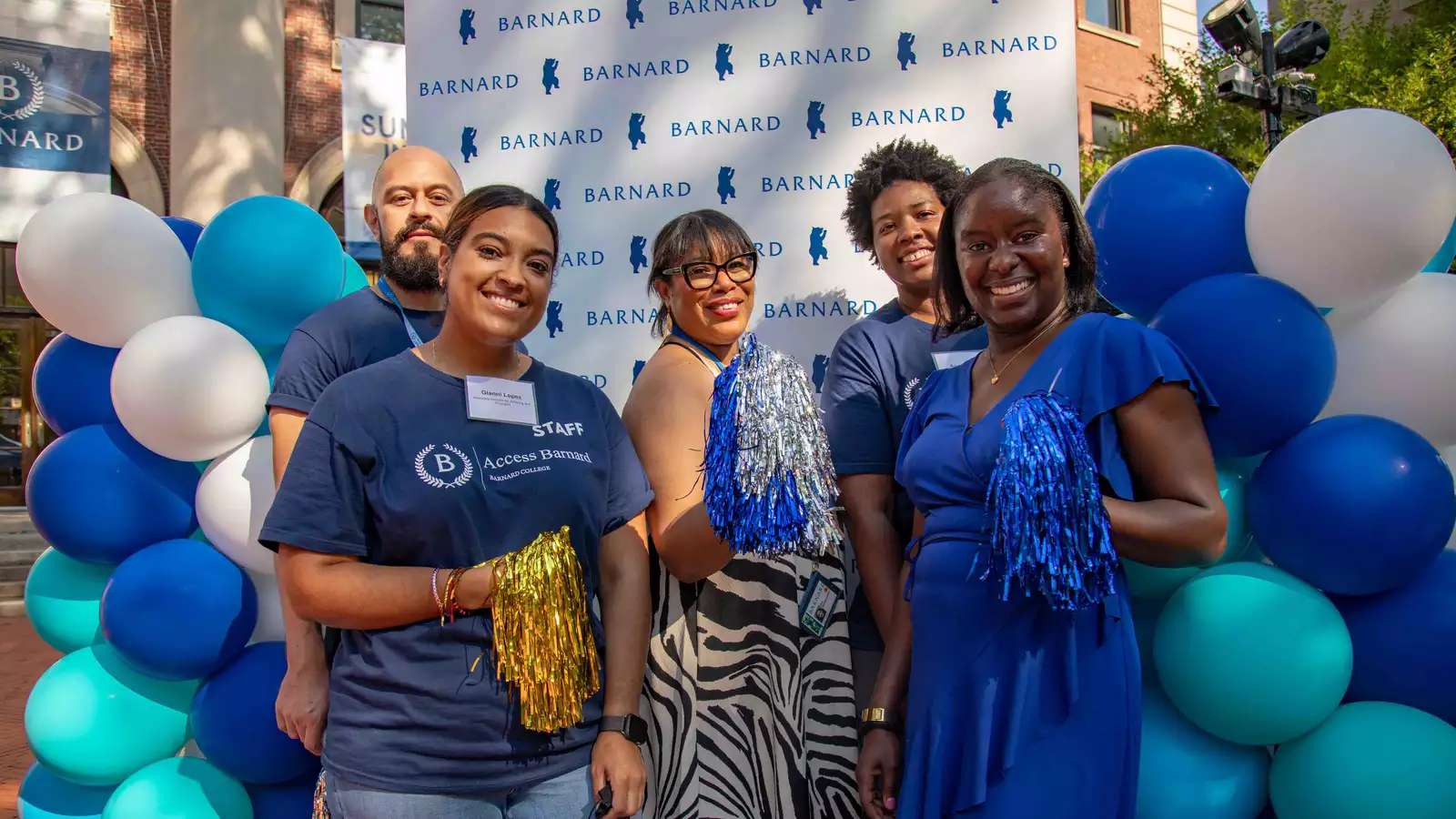
On December 16, 1925, a Barnard transfer student filled out a “Record of Freshmen Interest” form and shared her dream for the future. In response to the question “What vocations or occupations have you thought of entering?” she wrote this: “Writing.” Why? “Because I’ve had some success.” She noted that she would also consider teaching or social work, “but that would be a consolation prize.”
Her name was Zora Neale Hurston, the first Black woman to attend Barnard and the first in her family to attend college. Hurston was about to turn 26 years old and had attended Howard University before winning a scholarship to Barnard. History would witness her brilliance and her success. Hurston, like so many first-generation Barnard students, followed her heart and dreams through the wrought-iron Barnard gates.
Eighty-eight years later, when Sara Abedi ’17 arrived at Barnard as a first-year in 2013, she didn’t know what to expect. As the daughter of Afghani immigrants, she had a profound awareness of the scale of this opportunity and what it meant to her parents.
“As a first-generation Afghan/Uzbek American woman, I live in a country where girls are able to go to school and attain a level of higher education. All I ever want is to make my parents proud, and they have been my biggest cheerleaders,” said Abedi. “Going to college meant fulfilling my parents’ wishes. They left Afghanistan to have a better life for themselves and their children. One of their top priorities was for my siblings and me to graduate college. My father graduated high school but didn’t attend university. My mother was forced to drop out of school at the age of 11 due to the loss of her mother.”
Abedi was one of 10 physics majors in the Class of 2017 and then pursued multiple research opportunities at the School of Engineering and Applied Science at Columbia University and Pennsylvania State University. Opportunities were made possible, she says, because of the professional connections she forged with Barnard faculty and peers. Abedi went on to pursue a Ph.D. in physics.
Looking back, she considers her time at Barnard “a blessing.”
November 8 is National First-Generation College Student Day. This celebration honors the 57th anniversary of the signing of the Higher Education Act (HEA) of 1965. The U.S. government created the HEA to help level the playing field for Americans from low- to middle-income backgrounds. The HEA provides federal grant and loan programs to help students finance their educations and targets, among other groups, the children of first-generation immigrants.
According to a U.S. Department of Education report published in 2018, “A considerable body of research indicates that students whose parents have not attended college often face significant challenges in accessing postsecondary education, succeeding academically once they enroll, and completing a degree.” Most studies focus on what’s missing for first-generation students — how not having the benefit of their parents’ experience attending college makes it tougher for them.
“Barnard first-gen students represent the counternarrative,” said Nikki Youngblood Giles, Barnard’s Vice Dean of College and Campus Life. “Our first-gen graduation rates hover between 87% and 95%.” She points out that most assessments measure a six-year graduation rate, whereas Barnard’s is based on four.
To mark the day and the significance of the “first-gen” experience, Youngblood Giles wanted to call out the great variety of people who make up Barnard’s enduring tradition and history of educating first-generation students through the decades. As the supervisor of Student Life and Residential Life, Opportunity Programs, Student Success, and International Student Services at Barnard, Youngblood Giles works closely with this population.
In the fall of 2020, Barnard launched Access Barnard, an information and support center for students who identify as first-generation, low-income, and international. The Access Barnard mission creates a name and structure for Barnard’s practice of providing comprehensive guidance and support for these students.
“Access Barnard was developed not out of a need to help students overcome challenges,” said Youngblood Giles. “We realized we do a good job helping these students graduate. Now [we want to build on that] to scale our services for even bigger wins.”
The timeline below highlights Barnard’s first-gen students, past and present.
